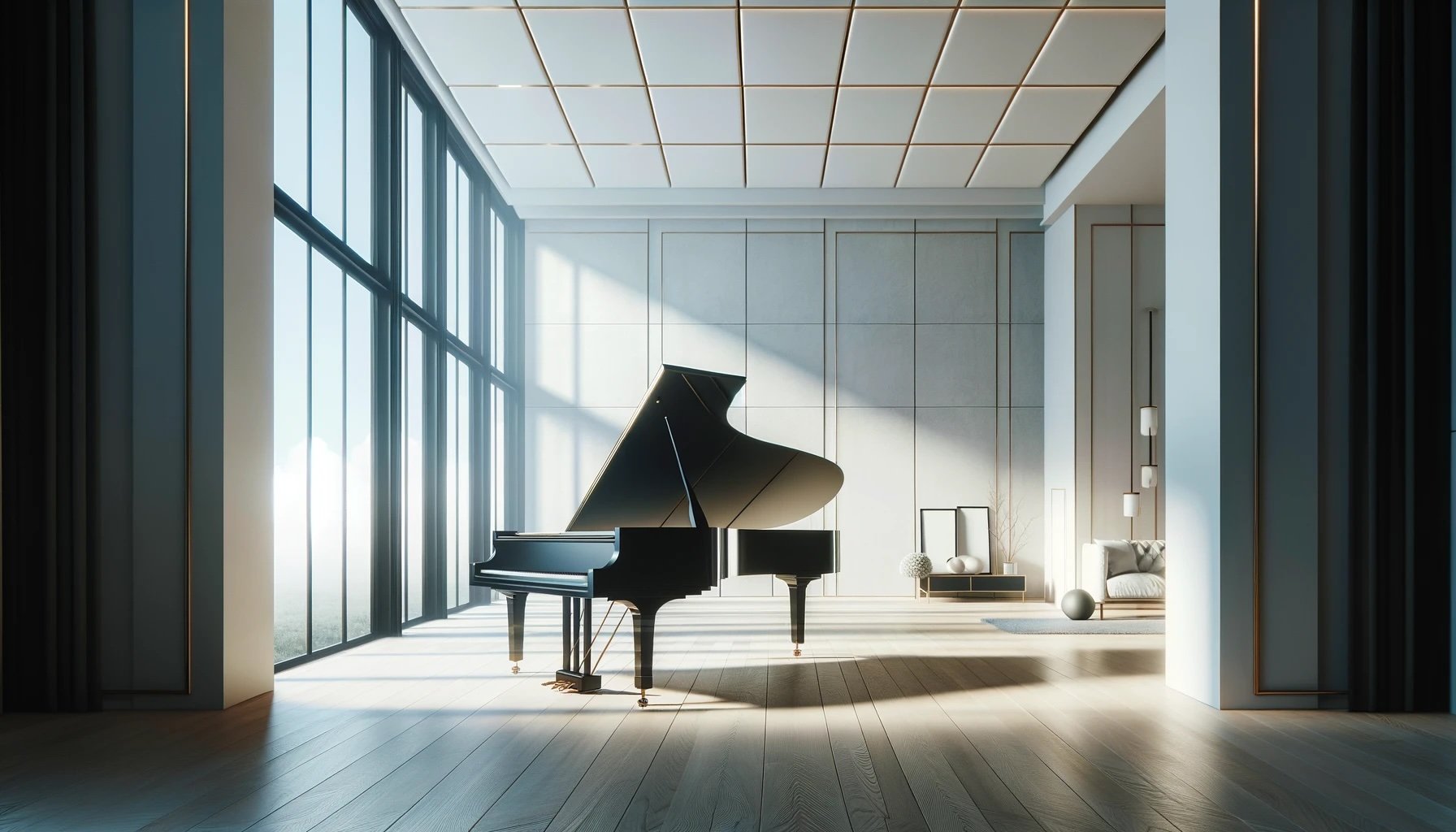
Services
I provide expert piano care across Richmond, Kew, Chiswick, Twickenham, Barnes, Sheen, and West London. Trained at North Bennet Street School in Boston, I bring precision, experience, and attention to detail to every piano I work on.
🎹 Piano Tuning
Keeping your piano in tune is essential for both enjoyment and practice. A standard tuning brings the instrument back to concert pitch (A440) or your preferred pitch. Regular tunings help your piano stay stable, protect its structure, and ensure a beautiful sound.
🛠 Minor Repairs
From sticking keys to sluggish pedals or buzzing strings, small problems can disrupt your playing. Many of these issues can be corrected during a tuning visit, saving you the cost of a separate appointment.
⚙️ Regulation
Over time, the action of a piano (the mechanism that connects keys to hammers) can become uneven. Regulation restores consistent touch and response across the keyboard, making the piano more enjoyable and predictable to play.
🎶 Voicing
Every piano has its own character, but sometimes the tone becomes too harsh, too mellow, or uneven across registers. Through voicing, I can adjust the hammers to create a sound that suits your taste — brighter, warmer, or more balanced.
Pricing
• Standard tuning: £100
• Additional repairs or regulation work are quoted on site.
Book your piano tuning today. Call or WhatsApp me on 07522 938 771, or email at ian@daltonpiano.com